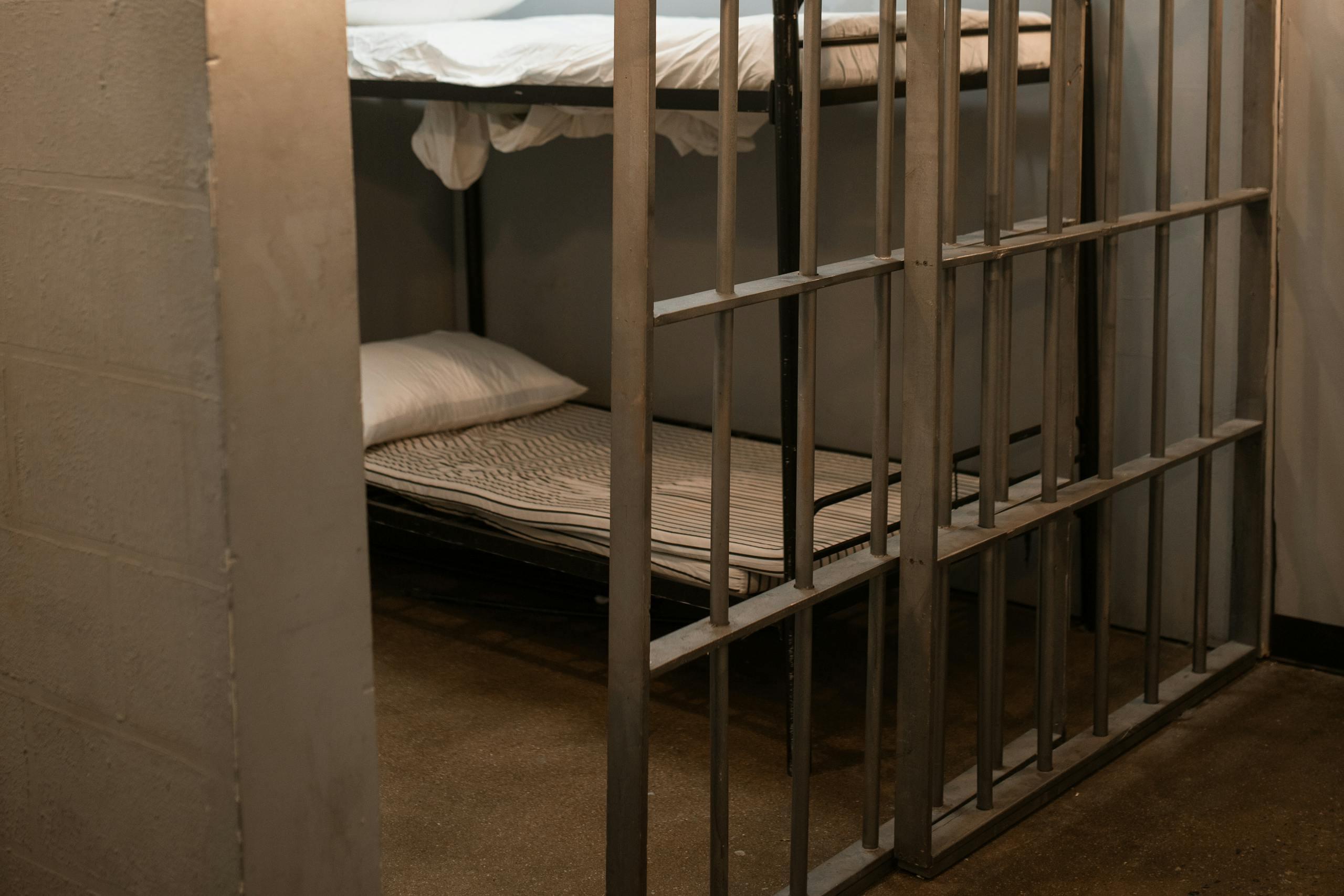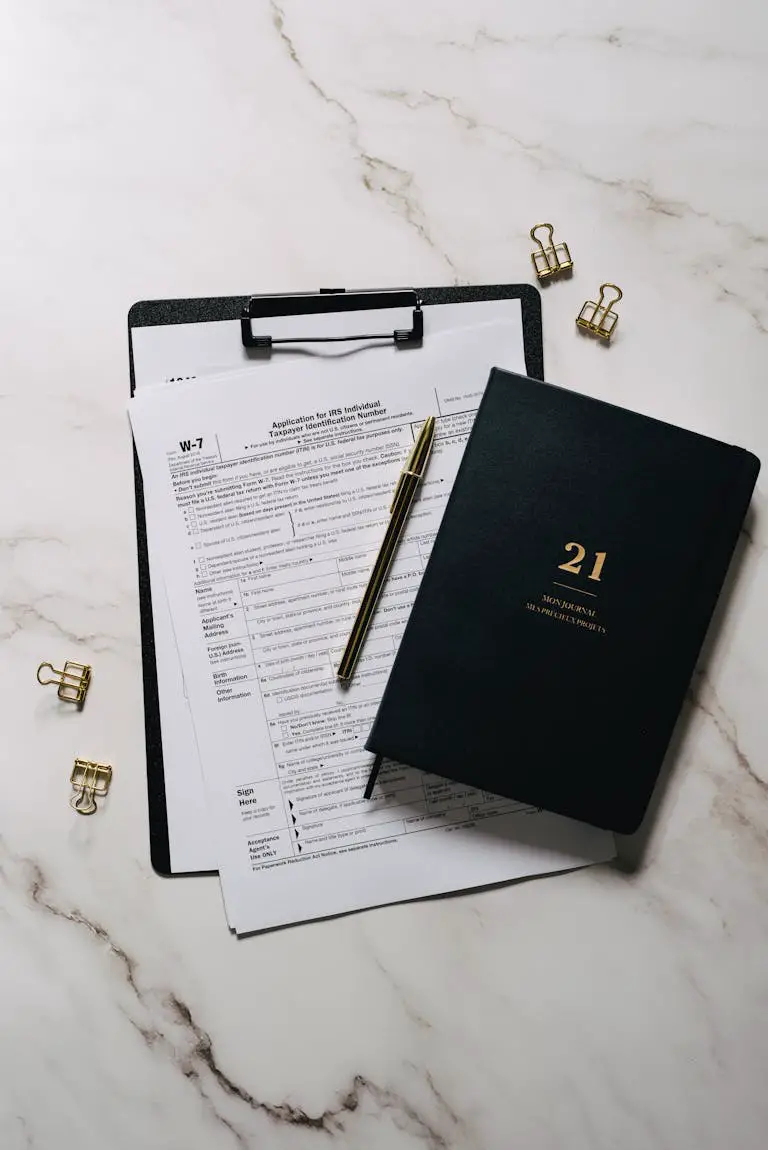How to Date Successfully After Incarceration (A guide to post prison dating success)
Introduction: from Cell Mates to Soul Mates
Stepping back into the world of dating after incarceration can feel like trying to navigate a minefield while blindfolded. The dating landscape has likely changed, and you’re carrying experiences that most dating guides don’t cover. But fear not! This small guide is here to help you transition from prison yards to dinner dates with grace, honesty, and maybe even a touch of humor.
Face it: explaining your past to a potential partner can be more daunting than facing a parole board. But with the right approach, you can turn your history into a story of redemption and personal growth. After all, everyone loves a good comeback story, right?
The Numbers Game: A Reality Check
Before we dive into the nitty-gritty of post-incarceration dating, let’s look at some numbers to put things into perspective:
| Statistic | Number |
| Adults released from state and federal prisons annually (USA) | Approx. 600,000 |
| Percentage of adults with criminal records in the USA | About 30% |
| Single adults in the US (2021) | 117 million |
| Percentage of people open to dating someone with a criminal record | 43% |
As these numbers show, you’re not alone in navigating the post-incarceration dating world. You’re part of a significant portion of the population. It’s a challenge, sure, but it’s far from impossible.
Dating Advice: From Prison ID to Dating Profile
1. The Art of Disclosure: Timing is Everything
Deciding when to reveal your incarceration history is crucial. Here are some approaches to consider:
- The Early Bird: Be upfront from the start. “Hey, before we go further, there’s something important about my past you should know.”
- The Getting-to-Know-You: Wait until you’ve established a connection, but before things get serious. “I’ve enjoyed getting to know you, and there’s something about my history I’d like to share.”
- The Organic Moment: Let it come up naturally in conversation. “That’s an interesting question about my gap year. Well, it wasn’t exactly a year, and it wasn’t exactly a gap…”
Remember, there’s no perfect time, but honesty before deep emotional investment is usually the best policy.
2. Crafting Your Narrative: It’s All in the Telling
When explaining your past, focus on:
- Personal growth: “My time inside taught me valuable lessons about responsibility and self-reflection.”
- Skills gained: “I took advantage of educational programs and learned marketable skills.”
- Future orientation: “I’m committed to making positive contributions to society and building a better future.”
3. Navigating Online Dating: Swipe Right for Redemption
In the digital age, your past might be just a Google search away. Here’s how to handle online dating:
- Be honest in your profile, but focus on who you are now.
- Use recent photos that reflect your current life.
- Be prepared for questions and have thoughtful answers ready.
The “Bad Boy” Myth: Confidence, Growth, and Authenticity
You may have heard that some people find the “bad boy” image irresistible. While there’s some truth to the appeal of confidence and an edgy persona, it’s important to approach this concept with caution and maturity.
Understanding the Appeal
The “bad boy” archetype often represents:
- Confidence and self-assurance
- A sense of adventure and unpredictability
- Resilience and strength
These traits can indeed be attractive. However, it’s crucial to distinguish between a harmful “bad boy” stereotype and genuine personal growth.
Reframing Your Experience
Instead of leaning into a potentially problematic “bad boy” image, consider reframing your past experiences in a positive light:
- Confidence Through Growth: Your journey has likely given you a unique perspective on life. This can translate into genuine confidence and self-assurance.
- Resilience as Attractiveness: You’ve faced challenges and come out stronger. This resilience can be incredibly appealing to potential partners.
- Depth of Character: Your experiences have added layers to your personality. This depth can make you an interesting and engaging partner.
- Appreciation for Freedom: Your time incarcerated may have given you a renewed appreciation for life’s simple pleasures, making you more present and engaged in relationships.
Authenticity Over Image
Rather than trying to fit into a “bad boy” mold:
- Be genuine about your past and your growth
- Share your unique perspectives gained from your experiences
- Demonstrate your commitment to personal development and positive life choices
A Word of Caution
While some may find the idea of dating someone with a past intriguing, it’s important to:
- Avoid glorifying or romanticizing negative aspects of your past
- Be wary of partners who seem more interested in your “bad boy” history than in who you are now
- Focus on building healthy, respectful relationships based on trust and mutual growth
Remember, the goal is to find a partner who appreciates your entire journey – past, present, and future. The right person will be attracted to your authenticity, personal growth, and the unique perspectives you’ve gained, not to a superficial “bad boy” image.
Relationship Advice: Building Trust and Moving Forward
Once you’ve started dating someone, the real work begins. Building a strong, healthy relationship after incarceration requires patience, honesty, and a commitment to personal growth. Here’s how to navigate this challenging but rewarding journey:
1. Honesty is Non-Negotiable
Transparency about your past is crucial for building trust. However, this doesn’t mean oversharing every detail.
- Be clear about the nature of your offense and the time you served.
- Explain how you’ve changed and what you learned from the experience.
- Answer questions truthfully, but don’t feel obligated to volunteer information that isn’t relevant to your current relationship.
Remember, the goal is to be honest without dwelling on the past. You might say something like, “I made some serious mistakes in my past, which led to my incarceration. I’ve worked hard to learn from that experience and become a better person. I’m happy to answer any questions you have about it.”
2. Set Clear Expectations
Open communication about your current situation is vital.
- Discuss any ongoing legal obligations, such as parole or probation.
- Be upfront about how these obligations might affect your relationship.
- Explain any restrictions on your activities or travel.
For example: “I have monthly check-ins with my parole officer, which might occasionally affect our plans. I also can’t leave the state without permission. I wanted you to know this so we can plan accordingly.”
3. Focus on the Present and Future
While your past is part of you, it shouldn’t define your relationship.
- Share your goals and aspirations for the future.
- Discuss the steps you’re taking to achieve these goals.
- Involve your partner in your plans and dreams.
You might say, “I’m working towards starting my own business. It’s something I became passionate about during my time inside. I’d love to hear your thoughts on my ideas.”
4. Be Patient
Trust takes time to build, especially given your history.
- Understand that your partner may need time to fully process your past.
- Be consistent in your words and actions to prove your trustworthiness.
- Don’t rush the relationship – take time to build a solid foundation.
Remember, trust is earned through consistent behavior over time. Your actions will speak louder than your words.
5. Maintain Your Support System
Continuing with counseling or support groups shows your commitment to personal growth.
- Be open with your partner about your support system.
- Explain how these resources help you stay on track.
- Consider inviting your partner to be part of your support system, if appropriate.
You could say, “My weekly support group meetings are really important to me. They help me stay accountable and continue growing. Would you be interested in learning more about how they work?”
6. Address Concerns Head-On
If your partner expresses concerns or doubts, tackle them directly and honestly.
- Listen to their concerns without becoming defensive.
- Acknowledge their feelings and validate their right to have concerns.
- Provide reassurance through your words and actions.
For instance: “I understand why you might be worried about my past. Your concerns are valid, and I appreciate your honesty. Let’s talk about how I can reassure you and what steps we can take together to build trust.”
7. Demonstrate Your Changed Lifestyle
Actions speak louder than words. Show your partner through your daily choices that you’re committed to your new path.
- Be reliable and consistent in your behavior.
- Make responsible decisions that reflect your commitment to change.
- Involve your partner in positive activities that showcase your new lifestyle.
8. Foster Open Communication
Create an environment where both you and your partner feel safe expressing thoughts and feelings.
- Practice active listening without interrupting or becoming defensive.
- Encourage your partner to share their thoughts and feelings openly.
- Be willing to have difficult conversations when necessary.
9. Respect Boundaries
Understanding and respecting boundaries is crucial for building trust.
- Discuss and establish clear boundaries in your relationship.
- Respect your partner’s need for space or time to process information.
- Be clear about your own boundaries and needs.
10. Embrace Vulnerability
Opening up about your past and your feelings can be scary, but it’s essential for building a deep connection.
- Share your fears and insecurities about dating post-incarceration.
- Allow your partner to support you through challenges.
- Be open to learning and growing from your experiences together.
11. Celebrate Milestones Together
Acknowledge and celebrate your progress and achievements, both big and small.
- Share your successes in reintegration with your partner.
- Celebrate relationship milestones together.
- Use these positive moments to reinforce your commitment to growth and your relationship.
12. Seek Professional Help If Needed
If you’re struggling to navigate relationship challenges, don’t hesitate to seek help.
- Consider couples counseling to work through issues together.
- Look for therapists experienced in working with formerly incarcerated individuals.
- View seeking help as a sign of strength and commitment to your relationship.
Remember, building a relationship after incarceration is a journey. It requires patience, understanding, and commitment from both partners. By focusing on honesty, growth, and open communication, you can build a strong, healthy relationship that looks toward the future while acknowledging the past.
Your experiences, though challenging, have shaped you into who you are today. The right partner will appreciate your journey and the strength it took to get where you are. Together, you can build a relationship based on mutual understanding, respect, and a shared vision for the future.
Real Stories: From Lockup to Meetup
Here are some real-life experiences from individuals who’ve navigated the dating scene post-incarceration:
- The Job Interview Mix-Up: Tom mistook his first date for a job interview and started listing all the skills he’d gained in prison. Surprisingly, it worked – his date was impressed by his honesty and personal growth.
- The Unexpected Common Ground: Maria was nervous about revealing her past, only to discover her date had a family member who’d been incarcerated. They bonded over shared experiences and understanding.
- The Misunderstood Hobby: When asked about his interests, James mentioned he was into “inside jobs.” He quickly clarified he meant interior design, a skill he’d learned in prison, not burglary.
The Dating Landscape: By the Numbers
Let’s take a closer look at attitudes towards dating someone with a criminal history:
| Statistic | Percentage |
| People who believe in second chances in relationships | 76% |
| Online daters who run background checks before meeting | 29% |
| Ex-offenders who found a relationship within a year of release | 37% |
| People who would consider dating someone who’s been incarcerated, depending on the circumstances | 54% |
Conclusion: Embracing Your Journey, One Date at a Time
As I wrap up this small guide to post-incarceration dating, remember this: your past is a chapter in your story, not the whole book.
Dating after incarceration is challenging, but it’s also an opportunity to show the world the person you’ve become.
The right person will appreciate your journey, recognizing the strength and resilience it took to get where you are today.
Your experiences, though difficult, have shaped you into someone with unique perspectives and hard-won wisdom.
So as you step back into the dating world, hold your head high. Be honest, be patient, and most importantly, be yourself. Your time behind bars doesn’t define you, but how you’ve grown from it just might be your most attractive quality.
Remember, everyone’s looking for someone genuine. And if there’s one thing your experience has taught you, it’s how to be authentically yourself. After all, the best relationships are built on honesty, growth, and a touch of humor.







